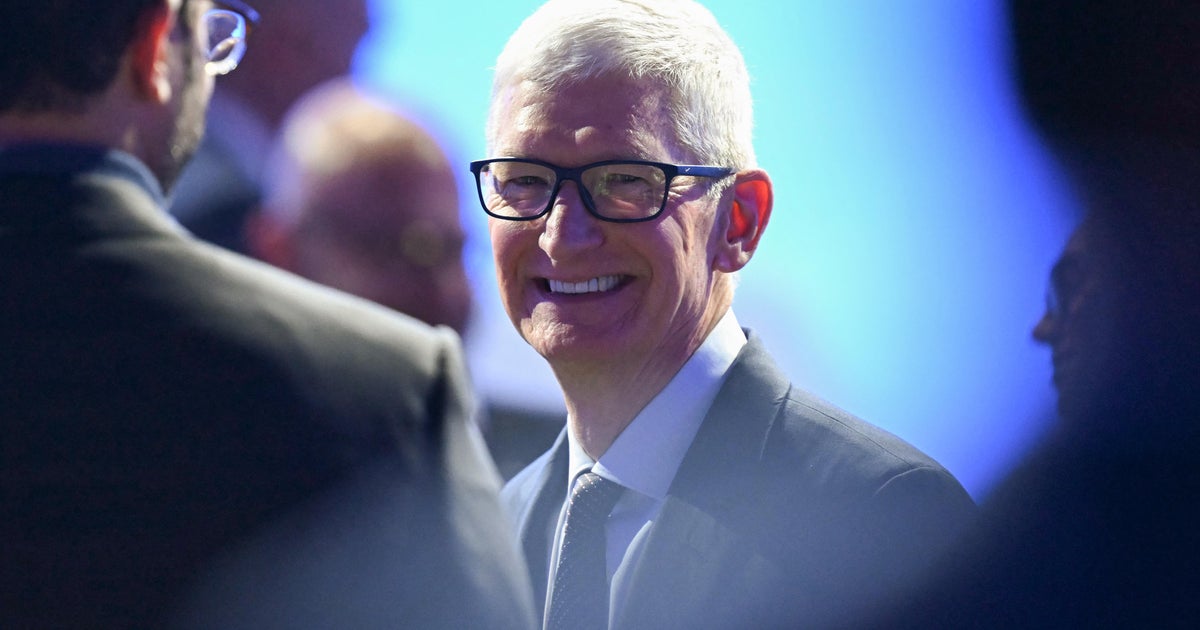FTC sues to block Kroger-Albertsons merger, saying it could push grocery prices higher
The Federal Trade Commission on Monday sued to block a proposed merger between grocery giants Kroger and Albertsons, saying the $24.6 billion deal could result in higher prices for millions of American consumers.
The FTC filed a lawsuit in U.S. District Court in Oregon, alleging that the deal is anticompetitive and could harm shoppers by boosting prices for groceries and other essential household items. The merger could also result in lower quality products and services, as well as limit shoppers' options for where to buy groceries, the agency alleged.
The FTC was joined in the suit by eight state attorneys general and the District of Columbia.
Kroger and Albertsons, two of the nation's largest grocers, agreed to merge in October 2022. But grocery costs have soared since the pandemic, pushing Americans to spend more of their income on food than they have in 30 years and prompting some critics to point to corporate "greedflation" as a cause.
Given high food-price inflation, the merger was bound to get tough regulatory scrutiny.
"This supermarket mega merger comes as American consumers have seen the cost of groceries rise steadily over the past few years," said Henry Liu, Director of the FTC's Bureau of Competition, in a statement.
He added, "Kroger's acquisition of Albertsons would lead to additional grocery price hikes for everyday goods, further exacerbating the financial strain consumers across the country face today."
U.S. prices for food eaten at home typically rise 2.5% per year, but in 2022 they rose 11.4%, and in 2023 they rose another 5%, according to government data. Inflation is cooling, but gradually.
Bigger rivals
The companies said a merger would help them better compete with Walmart, Amazon, Costco and other large rivals. Together, Kroger and Albertsons would control around 13% of the U.S. grocery market; Walmart controls 22%, according to J.P. Morgan analyst Ken Goldman.
Kroger, based in Cincinnati, Ohio, operates 2,750 stores in 35 states and the District of Columbia, including brands like Ralphs, Smith's and Harris Teeter. Albertsons, based in Boise, Idaho, operates 2,273 stores in 34 states, including brands like Safeway, Jewel Osco and Shaw's. Together the companies employ around 700,000 people.
The FTC, which said the proposed deal would be the largest grocery merger in U.S. history, said it would also erase competition for workers, threatening their ability to win higher wages, better benefits and improved working conditions.
The Biden administration has also shown a willingness to challenge big mergers in court. Last month, the Justice Department sued to block a proposed merger between JetBlue Airways and Spirit Airlines.
The action by the FTC and the states follows lawsuits filed earlier this year in Colorado and Washington to block the merger. The states that joined the FTC lawsuit Monday are Arizona, California, Illinois, Maryland, Nevada, New Mexico, Oregon and Wyoming.
Kroger's pledge to lower prices
Kroger has promised to invest $500 million to lower prices as soon as the deal closes. It said it also invested in price reductions when it merged with Harris Teeter in 2014 and Roundy's in 2016. Kroger also promised to invest $1.3 billion in store improvements at Albertsons as part of the deal.
Last year, C&S Wholesale Grocers agreed to purchase 413 stores and eight distribution centers that Kroger and Albertsons agreed to divest in markets where the two companies' stores overlapped. C&S said it would honor all collective bargaining agreements with workers.
Still, the United Food and Commercial Workers union, which represents 835,000 grocery workers in the U.S. and Canada, voted last year to oppose the merger, saying Kroger and Albertsons had failed to be transparent about the potential impact it would have on workers.
The union was also critical of a $4 billion payout to Albertsons shareholders that was announced as part of the merger deal. Several states, including Washington and California, tried unsuccessfully to block the payment in court, saying it would weaken Albertsons financially.
"The FTC's decision reflects clear concerns over the impact such a mega-merger could have on workers, food prices and millions of customers," UFCW International President Marc Perrone said in a statement on Monday.
Kroger and Albertsons had hoped to close the deal early this year. But the two companies announced in January that it was more likely to close in the first half of Kroger's fiscal year. Kroger's fiscal second quarter ends August 17.



